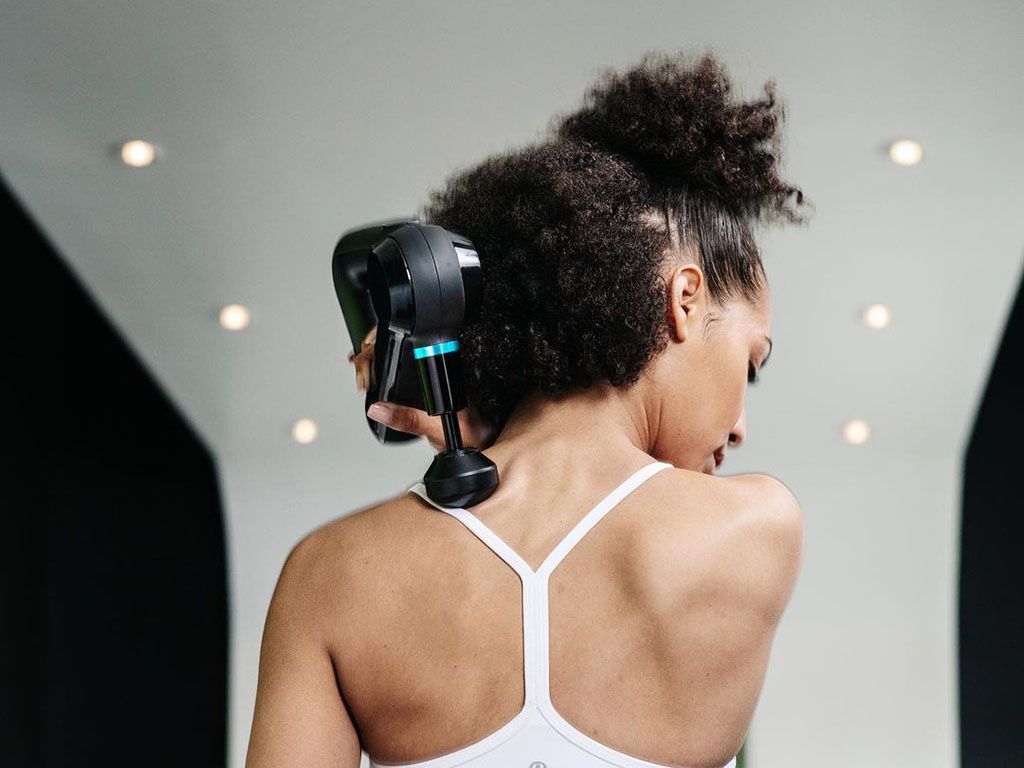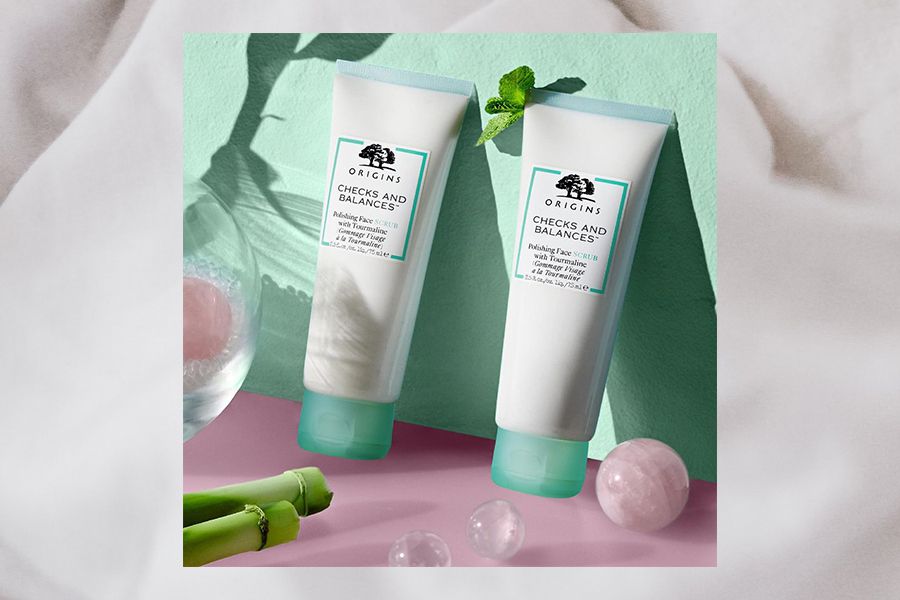It’s Time to Talk About Financial Privilege and Skincare
With extra time at home during the pandemic and new skincare brands dropping at a constant rate, many have picked up more than a few new products over the last year. The uptick in conversation about skincare as self-care has yielded tons of purchases. Though all of this sounds nice in theory, it doesn’t address how much of a privilege it is to buy skincare.
Ask yourself, How much have you really spent on skincare? It’s expensive to find a routine. You buy a product, it doesn’t work for you, and then you’re onto the next. It’s a cycle that, unfortunately, only the financially privileged can take part in. Experimentation with skincare products is something only individuals with the means to do so can take part in.
The Problem
The reality is this: Skincare is not as accessible as it should be. Yes, there are affordable brands like Cerave and The Ordinary—but affordability is extremely subjective. Spending $20 on a product may seem like a great investment for one person, but it can be a serious purchase for someone struggling financially. When I was growing up, my family used food stamps to get by. Skincare products were out of the question. My mom, sister, and I would do spa days once a month with a clay mask from Walmart that lasted years.
If we were going to spend money on products, it was always shampoo, conditioner, and body washes—the necessities.
Like many others, my skin began to break out during the pandemic. It felt emotional. Our skin and our self-esteem are deeply intertwined. The financial privilege that goes into having clear skin should be discussed more. It’s a privilege to target skincare concerns. When people push and even shame others into building their skincare routine, they fail to recognize some people simply can’t afford it.
This discussion around skincare heightened and gained even more traction during the pandemic. And though I appreciate it, it couldn’t have come at a worse time.
Lack of Access to Prescription Treatments
A prime example of the inaccessibility is prescription acne treatments. Those with hormonal or cystic acne rely on those prescriptions. For that, you need to be able to afford to go to a dermatologist. And even if you can afford a doctor’s visit, you may not be able to keep buying the prescribed treatments, month after month.
I have acne triggered by PCOS. I take birth control to help with my acne and other PCOS-related symptoms because I have health insurance. But if I lose my health insurance, I won’t be able to go to the doctor regularly to get prescribed birth control, and I will have a hard time affording it as well. It’s a vicious cycle that continuously affects many people. The sooner we realize not everyone’s situation with their skin is the same, the sooner can make a change.
How Do We Address It
Skincare advice can sound extremely privileged. There is a push for eating “clean” to cure skin concerns, but eating “clean” and buying fruits and vegetables is a privilege within itself. Some say we need to “sleep and not stress,” but providing for a family is stressful and not everyone can pick their working hours.
So, what can we do? Change starts with challenging how we think about these things. Recognize how financial privilege is directly related to the inaccessibility of skincare, whether it be over-the-counter or prescribed products. Before telling others to eat healthily and get more sleep, think about how this person may not have the same opportunity to do those things as you do. Before recommending a miracle product, recognize what’s “affordable” is completely subjective.
Recognize how financial privilege is directly related to the inaccessibility of skincare, whether it be over-the-counter or prescribed products.
Finally, the most important thing is to let recognize and accept the validity in every person’s struggle. Growing up poor, I never had my experiences validated, and even now, I still don’t. I know how hard it is to find effective and affordable products. When you can’t afford the necessities, it’s hard to think about buying things like skincare. I hope that by starting the conversation, we can affirm the experiences of others and take steps to make the skincare community a more inclusive space.








